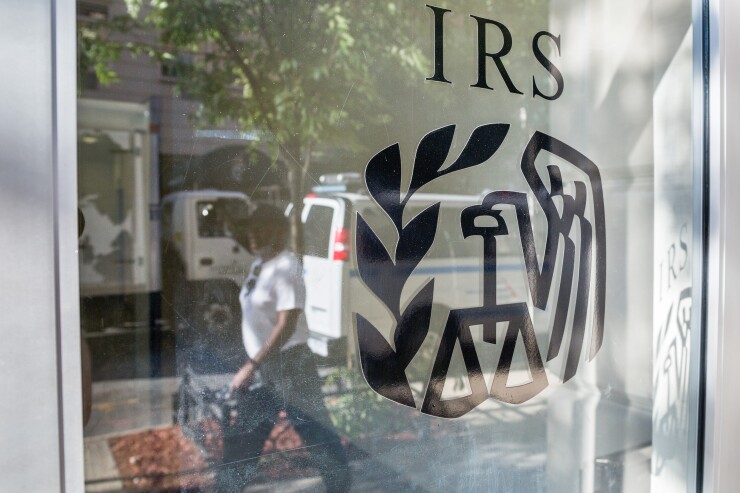Our daily roundup of retirement news your clients may be thinking about.
Although the taxation of retirement plan distributions and Social Security benefits remains unchanged under the new tax law, retirees are likely to see an increase in after-tax income even if the personal exemption is eliminated, according to this article from The Wall Street Journal. That's because the new law has raised the standard deduction, which will be larger than the savings they would incur from itemizing deductions on their tax returns. Moreover, the new law also retained the “additional standard deduction” for retirees.

Data from Fidelity show that the average 401(k) balance has increased to $104,300 while the average IRA balance rose to $106,000, according to this article on personal finance website Motley Fool. However, these amounts will be inadequate to secure the retirement of clients who are in their 40s and 50s. As such, they should find ways to boost their retirement savings. For example, they should aim to have saved three times their annual income by the time they reach age 40 and six times of their earnings by age 50.
Clients are advised to focus on the right accounts, taxes and other small details to avoid missing out on the opportunity to boost their wealth, according to this article on Kiplinger. Although contributing to a 401(k) plan can help secure the retirement, clients could face a problem with taxes in the future. When they reach 70 1/2, retirees are compelled to start taking required minimum distributions, which can boost their taxable income.
401(k) participants can boost their retirement savings by as much as $103,000 by investing in low-cost investment options, according to this article from Money. Higher investment costs can eat away a considerable amount of their 401(k) balances so moving assets to lower-cost options will enable long-term investors to maximize the returns through compounding over time.





